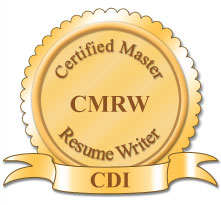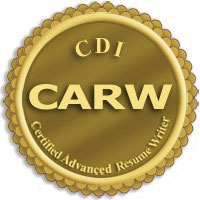
If you manage other people and you hold high standards for work product, you probably have encountered a situation or two where you have had to tell someone they did not do a good enough job. How do you feel when you face this type of situation? Do you feel bad about it afterward? Or do you feel empowered and like you made a positive difference in the world?
I grew up thinking that if I corrected someone or disaffirmed them, I was being mean and overly critical. I still did it, but I felt self-critical more than anything else and made myself wrong for hurting others.
I’ve been spending the better part of the last year becoming more comfortable with my opinions and with expressing them, even if I know someone might feel hurt. As the owner of a company who cares greatly about the quality of the work we put out, I have many opportunities to be honest with people about their writing. “Behind the scenes” at the Essay Expert, I work with a team of subcontractors and review their work before it goes out to a client. Sometimes the first drafts that come to me do not meet my standards. And The Essay Expert’s clients count on my high standards.
Last week, I faced two situations that inspired me to write about the power of disaffirmation in creating results and even cultivating relationships.
In one, I received a draft of a LinkedIn summary from one of my writers that I felt didn’t hit the mark. There was time for me to have a quick call with him and steer him in the right direction. I told him what didn’t work about what he wrote and gave him some different ideas of how to approach the project. The second draft was brilliant and here’s what the client, who lives in Switzerland, had to say: “Thank you so much for sending the draft. I cannot put my first reaction into words (not even in German) – in the very best meaning of the word!”
If I had been shy about issuing corrections, I would not have had such a happy client. Because I disaffirmed the writer, he learned about how to write for a new type of client and both of us got to feel great about the client’s response.
In another situation, an editor took 5 hours to edit a document that would have taken me 3. Not only that, but she sent it to me an hour late and failed to correct some glaring errors in the document. I spent 2 hours editing the document before sending it to the client—1 hour more than I would have spent if I had edited it myself.
Again, my disaffirming power sprang into action. I very directly told her about the problems I saw and what I was prepared to pay her for her work. We ultimately reached an agreement and parted amicably.
Sometimes when I work with someone on a project like a law school admissions essay, the applicant tells me not to hold back with my criticism. I laugh when they make this request – I have no problem telling it like I see it! But when it comes to critiquing in a managerial role, I’ve historically had a more difficult time.
The greatest part about these two recent experiences to me is that I felt strong and good about myself even though I had criticized people I am managing. I’ve been learning a lot about stepping into a managerial role in a powerful way. Sometimes disaffirmation can hurt both the recipient and me—but what hurts more is compromising on what I know is right, or on the quality of the work my business produces.
 Ultimately I am somewhat of a mama bear, willing to growl a bit in order to provide a top product to my clients. I will take strong action, give direct feedback, and use the power of disaffirmation if that’s what it takes to run a successful and well-respected business.
Ultimately I am somewhat of a mama bear, willing to growl a bit in order to provide a top product to my clients. I will take strong action, give direct feedback, and use the power of disaffirmation if that’s what it takes to run a successful and well-respected business.
—
If you are in a managerial position, how do you express your criticism? How do you handle it when someone fails to come through in the way you expect? Are you willing to talk straight to people? And how do you feel when you don’t? And what’s the bigger goal that inspires you to take the actions you take?










This is an interesting topic, Brenda. If your feedback focuses on how to improve future work product, which it seems your comments did, the recipient usually ends up grateful for it. Admittedly, it may take a while to reach that point. Thanks, as usual, for sharing your insights.
You’re welcome Martha. Yes My feedback always focuses on how to improve a work product and/or internal processes. Still, criticism is criticism and is sometimes hard to give as well as receive!